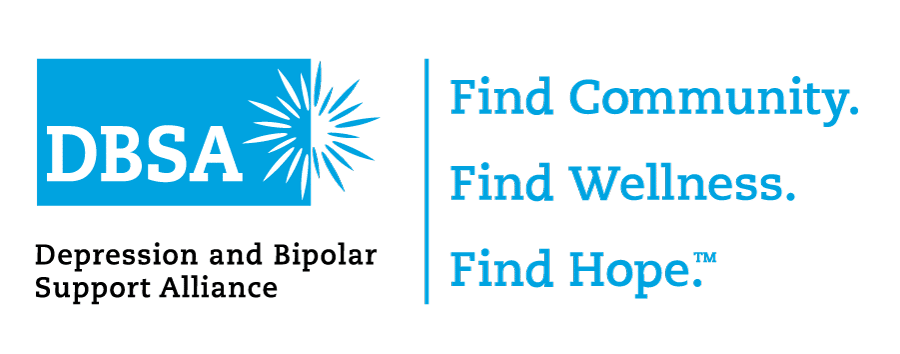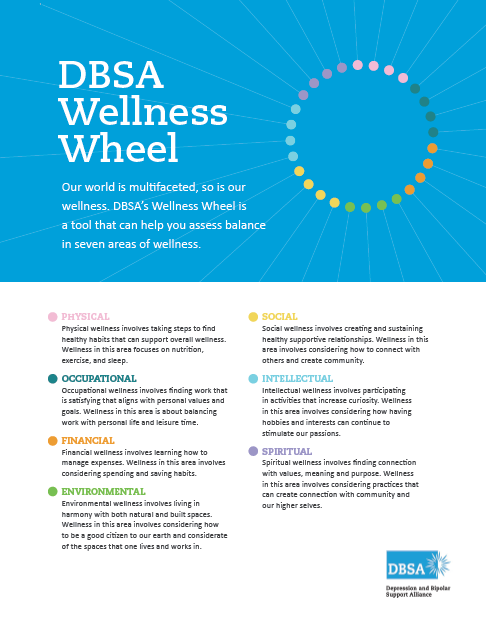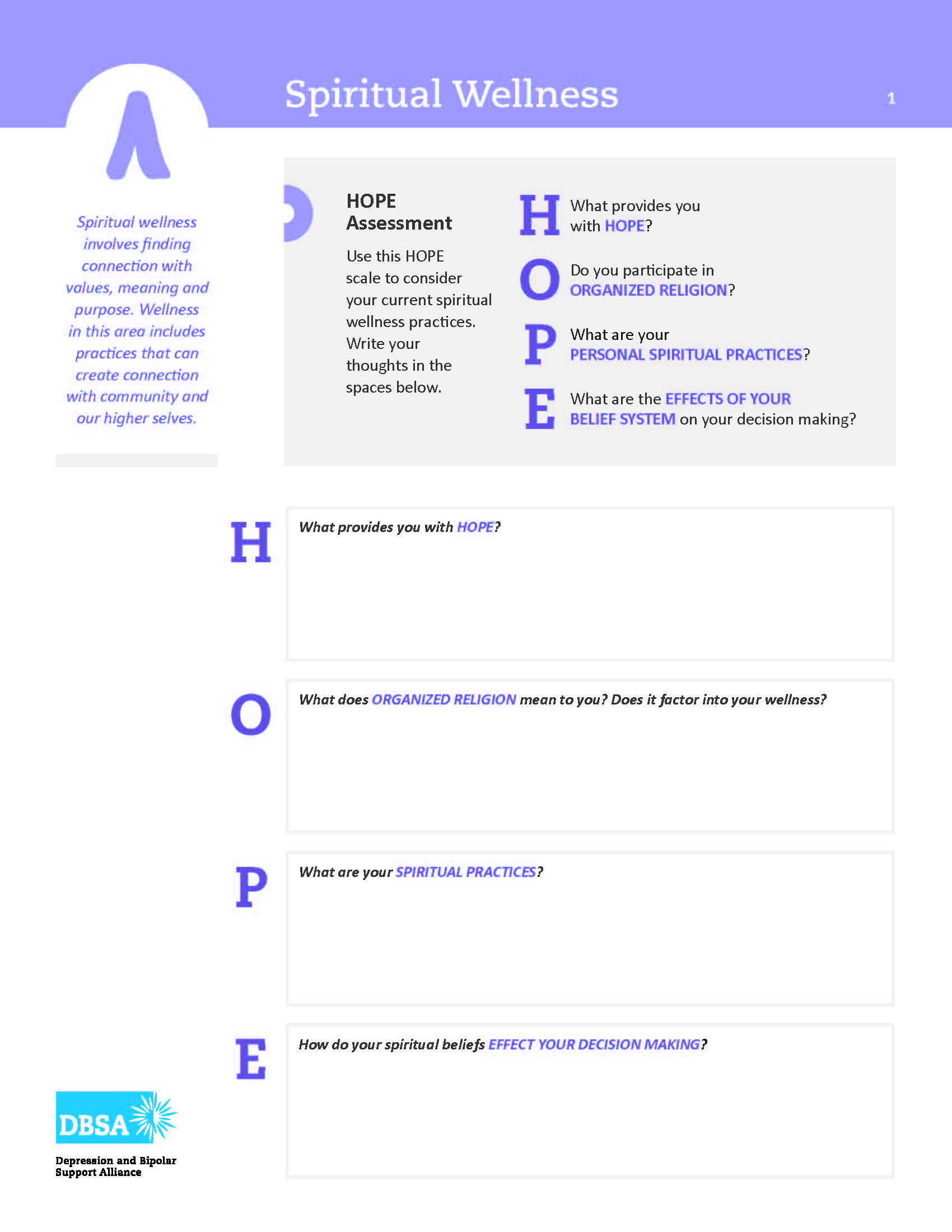Your spiritual wellness is the way you connect with the values, purpose, and meaning you establish for yourself in life. While those may sound like some hefty topics to explore, the process can be more natural than you might think. Spiritual wellness stems from our fundamental views of right and wrong and how we treat the world around us.
Why values matter
Values provide a grounding force for your life, identifying what is important to you and how you want to interact with the world around you. When your actions align with your core values, you will have a sense of fulfillment and satisfaction.
For example, your core values may include beliefs such as:
- Family comes first.
- Honesty is the best policy.
- Work/life balance is a priority.
- We must take care of the planet.
- Community service is a central part of life.
There are countless ideas you might add to your personal list of values, and these values may guide your decisions in many ways. Your values influence everything from what type of job brings you satisfaction to what compromises you are willing to make in life. Your values may even influence where you choose to live, shop or the kinds of people you welcome into your life.
Your purpose and meaning in life
Defining your life purpose might sound like a scary thing, but it isn’t meant to be. Keep in mind that it doesn’t have to be a grand statement about curing a disease or conquering uncharted lands. It can be a few simple sentences that define how you want to live your life. For example, you may want:
- To show compassion for others.
- To help people find ways to connect and discover common ground.
- To face forward every day.
- To inspire through teaching, parenting, volunteering, and other activities.
Another great example comes from business leader Richard Branson, who says his purpose is “to have fun in my journey through life and learn from my mistakes.”
Keeping your attention on your long-term purpose can help keep you centered, even in times when you aren’t feeling your best.
Creating a purpose statement
One way to create a deeper sense of purpose is to choose a few words that express how you want to live your life. Your purpose statement should be broad enough to allow room for growth while being clear in your overall intention.
So as you’re getting started, let’s pose an important question: what is the difference between purpose and meaning?
Think of your purpose as what you choose to do. Meaning expresses why you do it.
For example, if your purpose is to inspire others by teaching piano, the meaning of your work will include all the ways your students benefit. You may impart a love of music, show them how to live a fuller life by building musical skills, and so on.
Another example: If your purpose is to improve people’s lives by providing health care services, your meaning might be felt when you see how the compassionate, holistic care you deliver improves the lives of others.
Richard Branson, the corporate leader who said he wants to have fun and learn from his mistakes, might create meaning by helping employees enjoy what they do and allowing them to take risks so they can build new skills.
When you have a defined set of values, a clear purpose, and a sense of your life’s meaning, you have set the groundwork for good decision-making. You will be able to look at your values, purpose, and meaning and ask yourself:
- Does this activity fall outside the scope of what feels right for me?
- Will saying yes to something get me where I want to be in the long run?
- Does this life choice make me feel content, affirmed, and centered?
Connecting with your spiritual self: self-reflection and gratitude
Part of balanced spiritual wellness is creating practices that keep you in touch with your higher self. This involves taking time to reflect on ways your life aligns with your values and purpose. Here are specific suggestions that will help you feel in tune with your spiritual self.
Practice gratitude
Practicing gratitude is something that takes time. It involves thinking about the positives in your life, no matter how small, and expressing them. This may not always seem easy, particularly when you do not feel your best or you are worried that things are going wrong. However, consistently practicing gratitude, even when it feels more difficult, has been shown to improve mental health. Like any other habit, you can train your mind to focus on what you appreciate about your life, rather than any deficits you see.
Quiet your mind
It is important to take time to establish a calm, peaceful space within yourself. Meditation is a commonly used tool for quieting the mind. This practice reduces stress and anxiety and can even improve your attention span.
How you find connection with your higher self does not have to look the same as it does for someone else. If you have a difficult time being still or slowing your thoughts, that’s okay. With practice, you will find it becomes easier. Some people can meditate quietly for long periods, whereas others find it difficult. No need to force a strategy on yourself that doesn’t work for you. Here are other ways to practice gratitude and self-reflection:
- Taking a walk in nature, through a park, or through a favorite neighborhood.
- Writing in a journal.
- Playing or listening to music.
- Breathing exercises.
- Praying.
- Stretching.













